As the applause faded at the final concert of the Macao International Music Festival, Mikhail Pletnev and the Rachmaninoff International Orchestra (RIO) finally concluded their 2025 China tour, which spanned seven cities and nine performances.
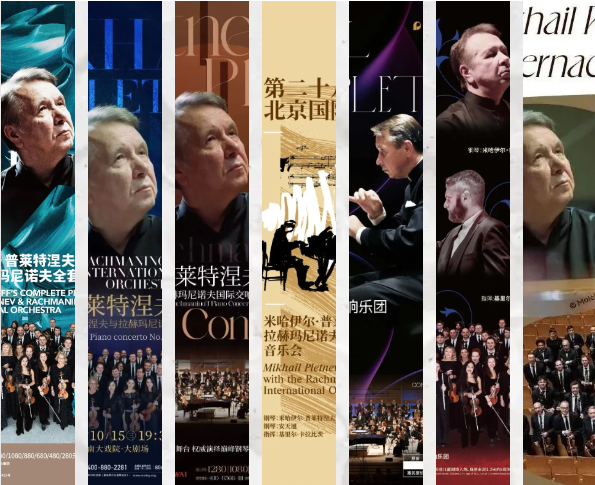
“Piano God”, the undisputed patriarch of the Russian piano school
- 1978 Tchaikovsky Competition winner
- Gramophone & Grammy Awards recipient
- Renowned authority on Rachmaninoff interpretations
“Conductor of the Year” (Royal Philharmonic Society)
- Former Music Director of Weimar National Theatre
- Collaborated with world’s top orchestras & opera houses
- 2023 Horowitz Competition jury president
Pletnev’s personal ensemble
- Founded to honor Rachmaninoff’s legacy
- Unites elite musicians from Eastern & Western Europe
- Dedicated to artistic excellence in performance
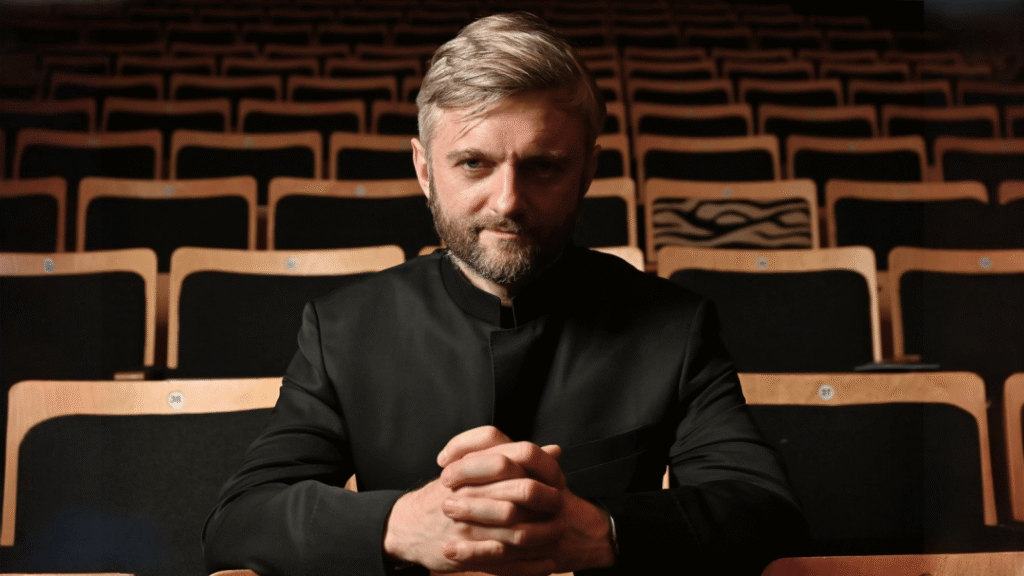
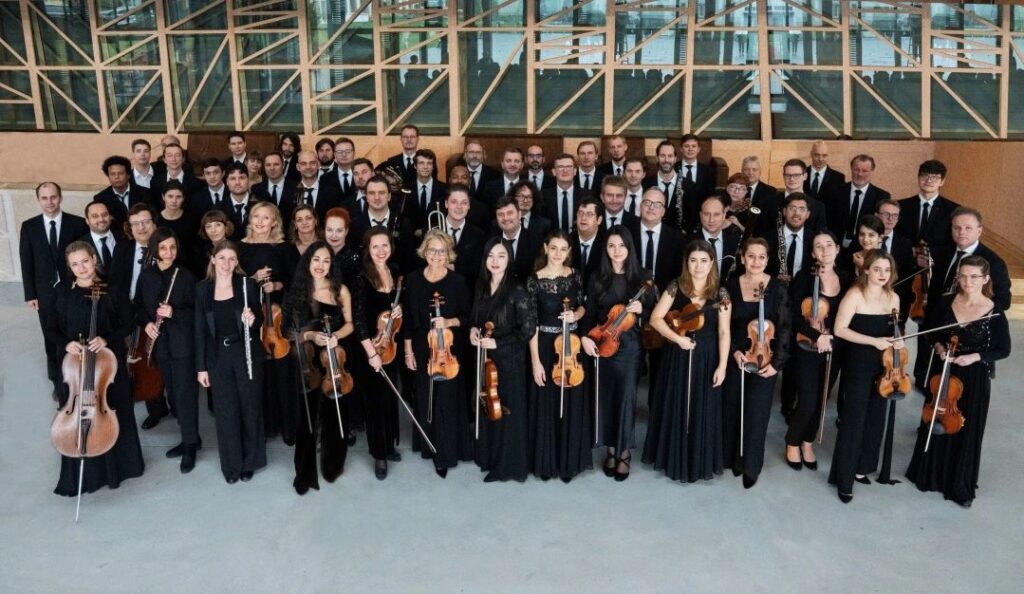
**Shanghai Stop · A Rare Treasure: The Only Complete Rachmaninoff Concerto Cycle in Mainland China**
The Shanghai performance by Maestro Pletnev and the Rachmaninoff International Orchestra (RIO) was far more than “just another classical concert.” It marked the inaugural Asian tour of Pletnev’s newly established orchestra and stood as the *only stop in mainland China* to feature the complete cycle of Rachmaninoff’s piano concertos. This historic presentation offered audiences an unparalleled opportunity to experience the full emotional and technical scope of these masterworks, performed under the baton and fingers of one of their most renowned interpreters. The event was not just a concert, but an artistic milestone, solidifying Shanghai’s pivotal role in hosting culturally significant, world-class musical events.
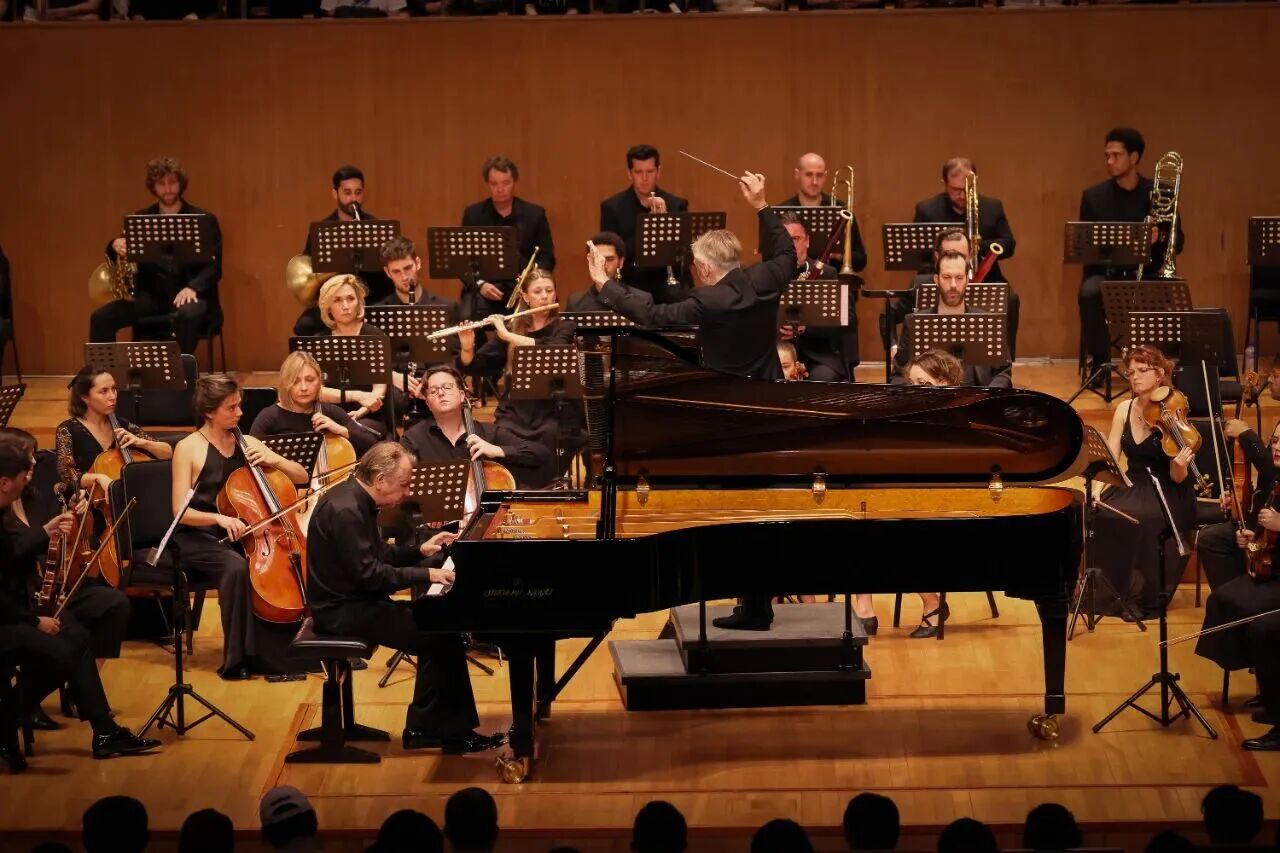
**Xiamen Stop · Rehearsal: The Tour’s Only Open Rehearsal Session**
On October 14th, the Minnan Grand Theatre offered something more raw and unfiltered than the actual performance—it hosted the only open rehearsal session of Pletnev and the RIO’s China tour.
During a break, Orchestra General Manager Sergey Markov, Conductor Kirill Karabits, and Concertmaster Artur Podeleesnyi accepted interviews. When asked whether Pletnev truly matched the rumors of being exceptionally strict and relentlessly pursuing perfection during rehearsals, Markov responded: “Having known him for over thirty years, he remains just as demanding and just as committed to perfection. While perfection is elusive, it is never out of reach. He makes us believe that through continuous磨合 and repeated practice, the music can ultimately touch that pure, ultimate state.”
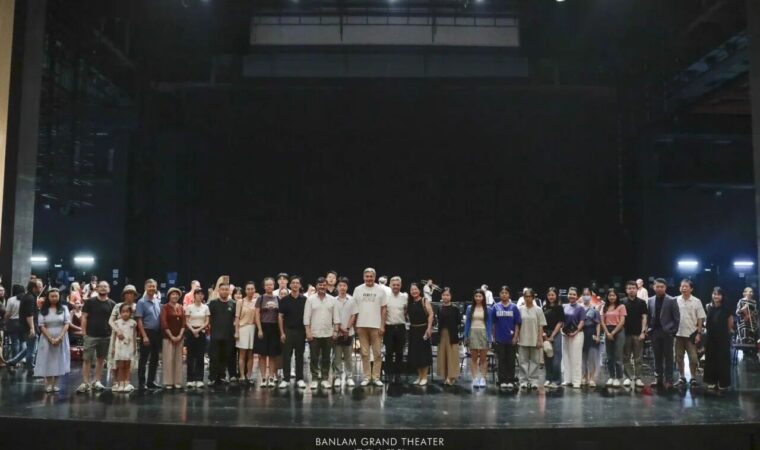
**Xi’an Stop · Diary: Personal Annotations on Musical Memories**
Prior to the performance, the Xi’an Concert Hall provided a profound and comprehensive guide to this work, which was receiving its Chinese premiere, presenting it to the audience as “a musical diary opening a window into Pletnev’s inner world.” The entire program consists of fourteen short pieces of programmatic music, where Pletnev transforms “memories from childhood to youth” into a collage of soundscapes. From preludes, toy parades, autumn, waltzes, to “Little Tchaikovsky” and “Homage to Wagner,” the titles alone reveal the delicacy and kaleidoscopic nature of his memory.
**October 22nd, Beijing Stop · Exclusive: A Rare Decade with China**
In his review “Pletnev’s Nostalgia” for the Music Weekly, critic Zhang Tingyu highly praised the evening’s performance:
On October 19th, on the stage of the 28th Beijing Music Festival, the Rachmaninoff International Orchestra performed the shared nostalgia of its founder, Pletnev, and its members. The programming held a profound and intriguing meaning: Rachmaninoff lived a life of exile, never ultimately returning to his homeland, while Pletnev, displaced by war, eventually formed this orchestra in Europe. When the “complex feelings for the homeland” from these two different circumstances collided on the same evening, the performance ultimately transformed into a path of homesickness paved with musical notes, traversing time and space.
The concert began with Pletnev’s new 2024 work, *14 Musical Memories*, making its debut in China—an orchestral suite that serves as his candid “nostalgic soliloquy.” Comprised of several interconnected miniatures, its form resembles the “moments musicaux” often written by Schubert, while its subject matter is entirely Pletnev’s recollections of his childhood and youth. Listening evokes a deep sense of poignant reflection; perhaps it is only within his compositions that one can glimpse Pletnev’s more vulnerable side. Created after his separation from his homeland, the fourteen brief movements become fourteen untouchable fragments of his native land, each melody steeped in the essence of Russia.
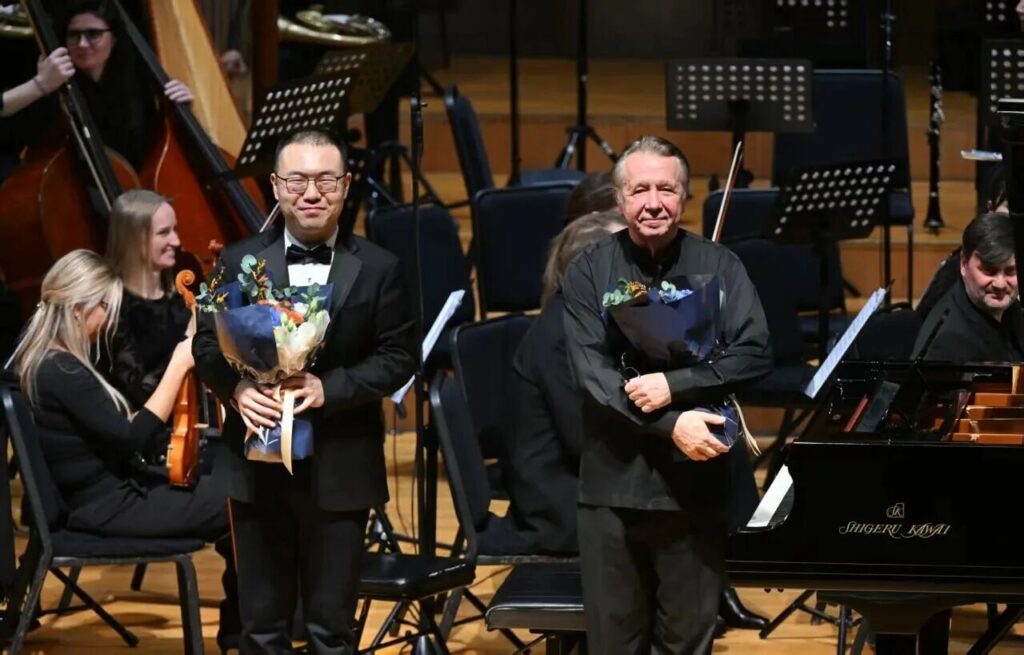
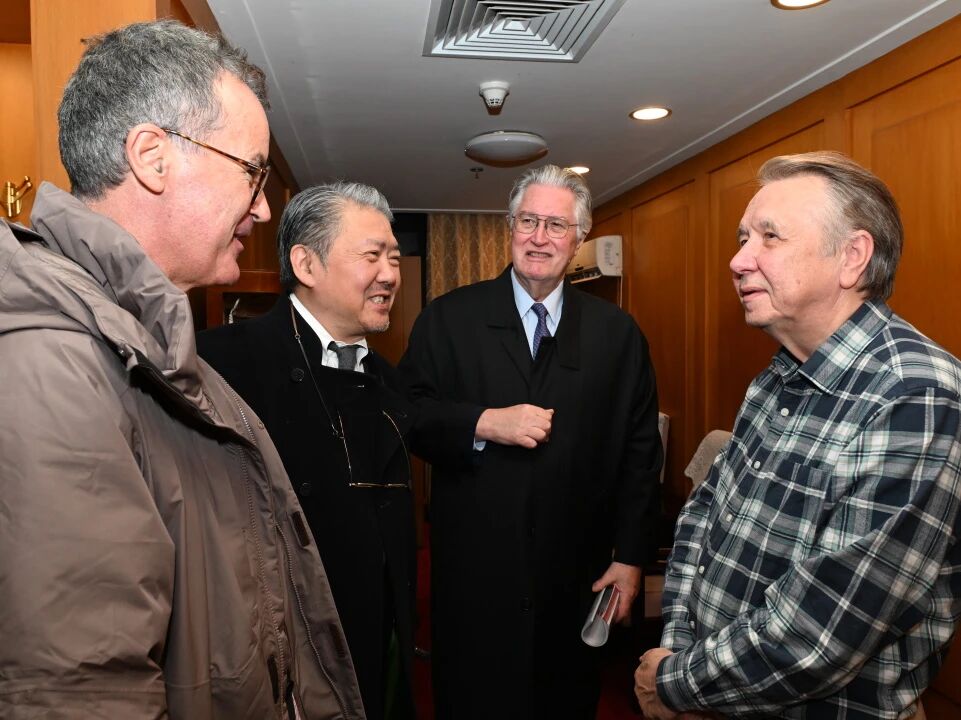
**Wuhan Stop · A Heartfelt Gesture: A Special “Welcome Cake” for the Maestro**
Beyond the performance of Rachmaninoff’s Second Piano Concerto and *Musical Memories* at Wuhan’s Qintai Concert Hall, a warm backstage interlude unfolded—the hotel staff in Wuhan had quietly prepared a customized welcome cake for Mikhail Pletnev. This simple, thoughtful gesture managed to touch the heart of the usually reserved piano maestro, revealing the profound power of a kindness that transcends words.

**Shenzhen Stop · The Details: Two Custom KAWAI Pianos Rotating Duty**
The KAWAI pianos that became a talking point during the Shenzhen performance had quite a notable background. The unsung heroes supporting the maestro throughout his entire China tour were *two custom-made SHIGERU KAWAI pianos* that rotated between venues. These two instruments traveled across all seven cities, ensuring not only seamless transitions between performances but also featuring hammers specially customized by KAWAI to suit Pletnev’s unique playing style and preferences. This meticulous attention to detail behind the scenes guaranteed consistent tonal quality and responsiveness, allowing the maestro’s artistry to shine in every concert.
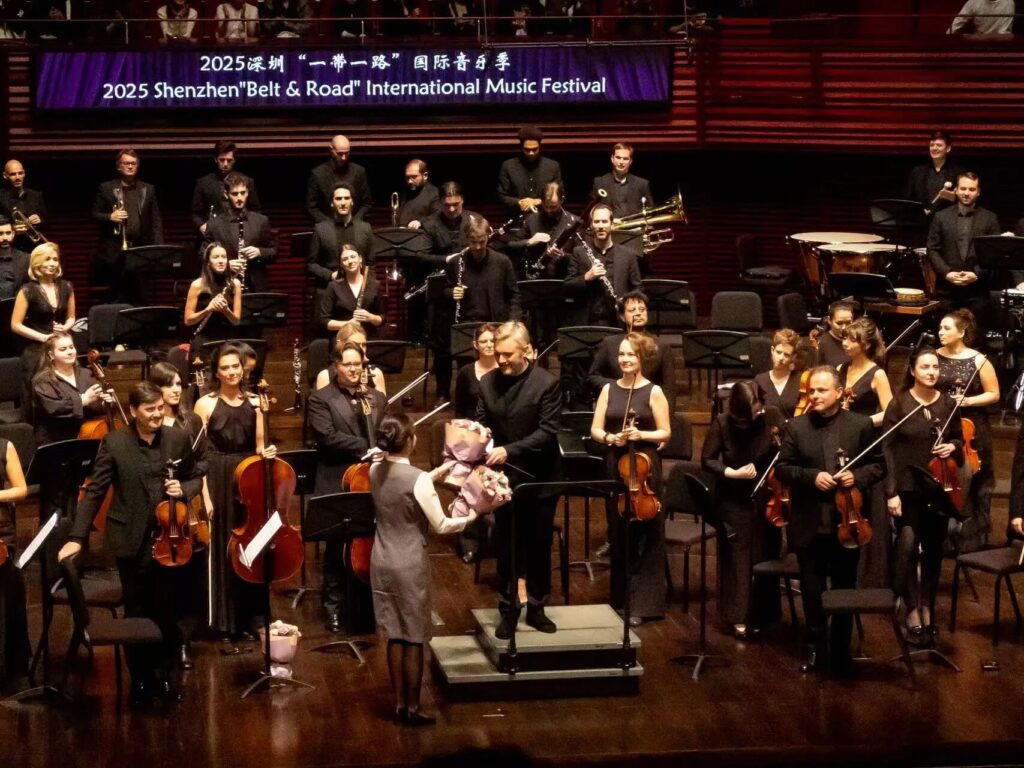
**Macau Finale · The Conclusion: Pletnev and RIO Achieve Highest Attendance at Music Festival**
While classical music is often labeled a “niche” interest, the name Mikhail Pletnev quietly garnered over 350,000 online views. This versatile master, who excels simultaneously in piano, conducting, and composition, never deliberately chased popularity. Yet, every detail of his nine-performance tour across seven cities became a focal point of passionate discussion among music lovers, culminating in his concert achieving the highest attendance at the Macao International Music Festival.

